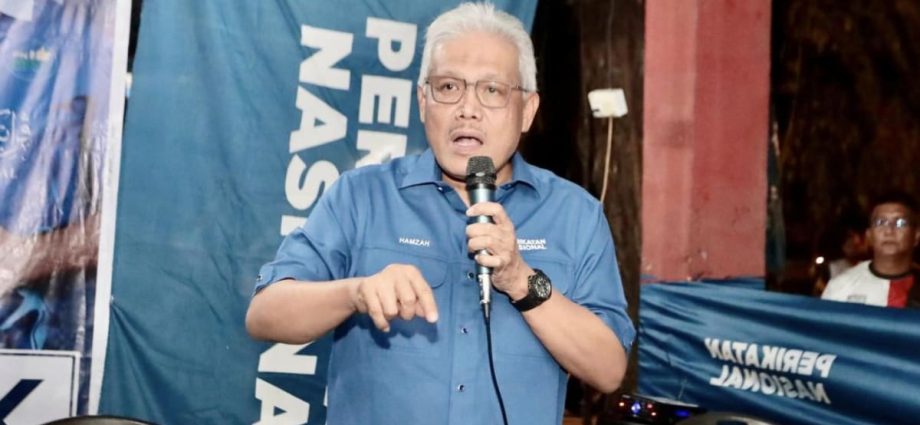
An analyst that CNA spoke to said that PN’s gains in the PH-BN states indicate not a desire for change by Malaysians, but a yearning among many Malays for “a return to the pre-2018 absolute Malay dominance over Malaysian polity and society”.
“As UMNO (United Malays National Organisation) is perceived to be scandal-ridden, (the Malays) go for other Malay parties such as PAS (Parti Islam Se-Malaysia) and Bersatu (Parti Pribumi Bersatu Malaysia),” said Dr Oh Ei Sun, a senior fellow with the Singapore Institute of International Affairs.
UMNO is a BN-component party while PAS and Bersatu are PN-component parties.
Dr Oh added that the results of the state polls suggest that Prime Minister Anwar Ibrahim’s unity government is “very shaky”.
“Members of Parliament (MPs) currently professing support for Anwar may sense the change in the political wind, and switch their support accordingly without offending the anti-hopping law,” he told CNA.
The anti-hopping law – a constitutional amendment which came into force on Oct 5 – was first mooted as a bipartisan response to the Sheraton Move in 2020 which saw the collapse of the then-PH government.
Under the new law, politicians who switch parties will lose their seats, triggering a by-election.
Following the state polls results on Sunday morning, PN chairman Muhyiddin Yassin, citing the opposition’s strong performance in the state elections, said that the people have rejected Mr Anwar’s unity government alliance.
He also called for Mr Anwar’s resignation.
Meanwhile, Mr Anwar, who leads the PH-BN alliance, stressed that the unity government at the federal level remains intact and committed to serving the people, even as he added that the people’s choice must be accepted.

